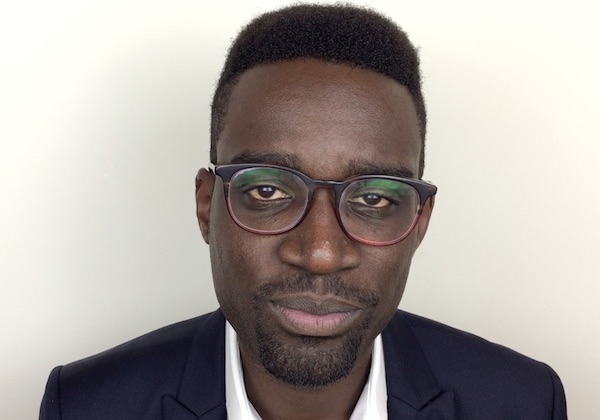An ex-Facebook employee’s risk profile tool with a ‘Financial Planning edge’ has been re-launched.
John Ndege worked in operations for the social media giant in New York for four years. He set up Pocket Risk originally in 2013 and the UK version has been recently released with enhancements.
Although he is not a financial adviser he told Financial Planning Today that he was “a student of financial advice”.
The Pocket Risk CEO said: “I've spoken to thousands of advisers, read dozens of books and attended innumerable conferences. My background is in software and I think that gives me an outsiders perspective which has proved valuable.”
Explaining how the risk profile tool began, he said: “I started Pocket Risk after a personal experience I had. I was previously working at Facebook. When the company IPO'd we had to decide what to do with my stock.
“I looked around for risk tolerance tools to help me figure out how much risk was suitable for me to achieve my financial goals. I was unhappy with what I saw.
“After speaking to 24 financial advisers, the majority also said they were unhappy with what was available so I created Pocket Risk to fix the problem.
“We launched in 2013. Pocket Risk is used by everyone from multi-billion dollar financial services groups to independent solo-advisers. It works.”
Asked what is different about it compared to other risk profile tools, he said: “Most risk profile questionnaires just talk about risk tolerance. A few talk about risk tolerance and risk capacity. We assess risk tolerance, risk capacity, long-term goals and behavioural biases.
“In addition we wrap this in an easy to use client experience, built on the latest academic research and compliance guidelines. We've built a product that gives advisers a financial planning edge, not just a compliance tool."
As to the key skills gained at Facebook that he has been able to transfer into developing Pocket Risk, Mr Ndege said he had learnt that the “best place to learn is from customers, study and speak to them often”.
He added: “Great companies are built on great cultures.”

